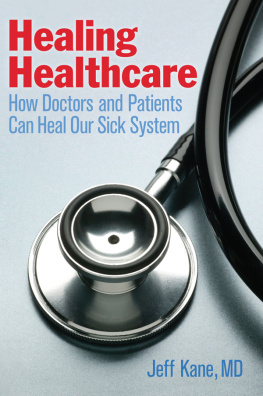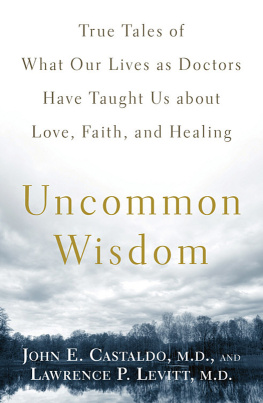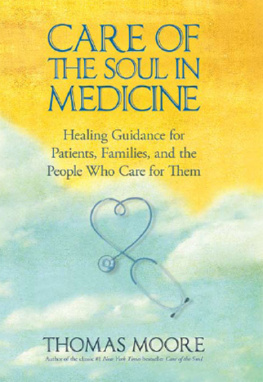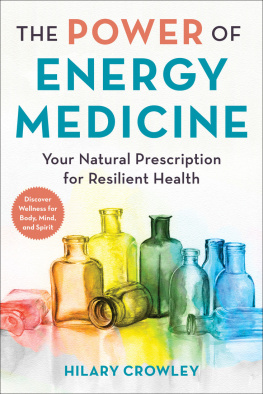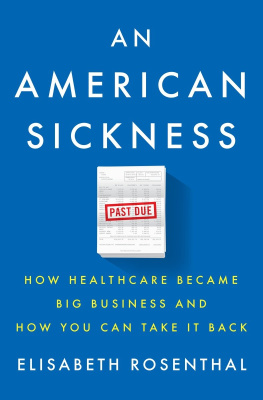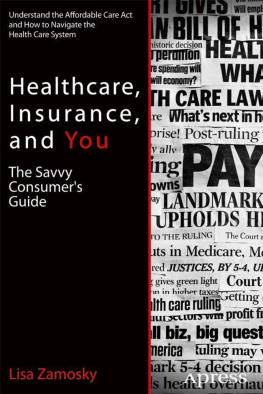Copyright 2015 by Jeff Kane
All rights reserved. Copyright under Berne Copyright Convention, Universal Copyright Convention, and Pan American Copyright Convention. No part of this book may be reproduced, stored in a retrieval system, or transmitted in any form, or by any means, electronic, mechanical, photocopying, recording or otherwise, without the express written consent of the publisher, except in the case of brief excerpts in critical reviews or articles. All inquiries should be addressed to Helios Press, 307 West 36th Street, 11th Floor, New York, NY 10018.
Helios Press books may be purchased in bulk at special discounts for sales promotion, corporate gifts, fund-raising, or educational purposes. Special editions can also be created to specifications. For details, contact the Special Sales Department, Helios Press, 307 West 36th Street, 11th Floor, New York, NY 10018 or .
19 18 17 16 15 5 4 3 2 1
Published by Helios Press, an imprint of Skyhorse Publishing, Inc. 307 West 36th Street, 11th Floor, New York, NY 10018.
Helios Press is a registered trademark of Skyhorse Publishing, Inc., a Delaware corporation.
www.skyhorsepublishing.com
Cover by Chris Ritchie
Library of Congress Cataloging-in-Publication Data is available on file.
Print ISBN: 978-1-62153-461-7
Ebook ISBN: 978-1-62153-472-3
Printed in the United States of America.
To Veronica Jane Paul,
whos faithfully dragged me,
kicking and screaming,
toward enlightenment
TABLE OF CONTENTS
PREFACE
The rule books, Im sure, frown on such intimate engagement between caregiver and patient. But maybe its time to rewrite them.
Kenneth B. Schwartz, Founder, The Schwartz Center for Compassionate Healthcare
I entered the medical profession a half-century ago, entranced by its celebrated intimacy and altruism. In our secular society, physicianhood was close to a sacred calling. While I practiced, though, I was dismayed to see its aura fade as healthcare deteriorated from a humane service to a relatively impersonal commercial enterprise.
Ironically, that decay resulted from a history of successes. During the twentieth century, scientific medicinebiomedicine, as we call ithelped us enjoy longer life spans, and wiped out some dread diseases and wrestled others to the mat. Its near-miraculous fruits couldnt help but catch the eye of investors, who encouraged ever more effective, attractiveand profitablehigh-tech tests, drugs, and procedures. Popular culture understandably jumped on this promising bandwagon. And thats when healthcare began to turn into a business.
Miracles dont come cheap. Its now common knowledge, for example, that half of recent family bankruptcies were caused by medical expenses. For all its cost, healthcare isnt always worth it. Some of yesterdays dream drugs are todays nightmares, and some surgeries first touted as phenomenal now seem a kind of vandalism. Most perniciously, our reliance on medical wizardry has diminished personal responsibility for health.
Of all biomedicines costs, the most grievous is the loss of what we called the bedside manner, the doctors skill of helping sick people feel better simply with his or her own healing presence. Compared to surgical robots and MRI scanners, bedside manner has come to seem relatively wispy, just a little more friendly way of practicing.
Were in the midst of a healthcare crisis, defined as too little health for far too many bucks. Aching for reform, yet forgetful of the potent centrality of healing presence, we turn to what we can measure, so we understandably conceive healthcare reform simply as a financial challenge.
Happily, bedside manner isnt entirely extinguished. Remnants survive and always will, thanks to a few teachers who preserve the glowing embers. I can no longer recite the catabolic pathway of glycogen, but I remember certain precious educational pearls as though I was handed them yesterday.
Orthopedist Dr. Lorin Stephens, for example, convinced me that medicine wasnt exclusively sciences domain. He sat one morning in the mid-1960s with me, three other students, and a psychiatrist, discussing a patient. As the psychiatrist droned Freudian theory, I began to nod off. Noticing that Dr. Stephens was already dozing, the psychiatrist nudged him with his elbow.
Dr. Stephens, he said, do you concur?
Shaking himself awake, Dr. Stephens looked only mildly embarrassed. Excuse me, he said. I was dreaming about the smell of my wifes pillow.
Internist Dr. Elsie Giorgi spoke to us about how life situations can result in illness. Realizing we were too inexperienced to appreciate such nuances, she concluded, All you need to know is this: listen to your patients well enough, and theyll tell you exactly whats going on.
I accompanied Dr. Giorgi to a clinic, where she saw elderly Ms. Grey. Though I was only a junior student, I surmised from Ms. Greys color and breathing that she had pneumonia. If Id been her doctor then, Id have confidently given her antibiotics and moved on to the next patient.
But Dr. Giorgi was deliberately slow. She said, So, Ms. Grey, tell me about yourself.
The patient said she was raised in a sharecropping family in rural Georgia. Shed married young, suffered two miscarriages, was deserted by her husband, moved, married again and had four children. Shed never had the training or even time to hold a job or escape poverty. She was widowed now, and only two of her children remained alive. Her tale was of lifelong woe. Recently shed been living with a distant relative who saw to Ms. Greys upkeep. When the relative died, Ms. Grey, penniless, stopped eating and soon fell ill with pneumonia, which Dr. Giorgi confirmed on examination.
If we just give Ms. Grey antibiotics, Dr. Giorgi told me, shell be back here in two weeks, and then Ill wonder what Im accomplishing in this business. Ill contact the social worker. Ms. Grey needs someplace to live, and help with nutrition. It had never occurred to me before that a physicians responsibility might transcend the medical setting.
Psychiatry professor Dr. Werner Mendel briefly asked an inpatient small-talk questions before an audience of four medical students. How is it, being on this ward? Is the food okay? How do you spend your day? Then a nurse showed the patient back to the ward, and Dr. Mendel spent the next half-hour delivering a detailed biography of that person, supporting every conclusion with an observation anyone could have made.
Mr. Ds accent places him in a rural area outside New Orleans. Hes divorced, judging from the band of pale skin around his left ring finger. The anchor tattoo says he was in the Navy. From his age, Ill say he was in the war, and in the Pacific. Why the Pacific? His little bow when he entered the roomdid you see that? [I hadnt]isnt an American gesture. Its Asian. Ill bet he was in a Japanese POW camp...
Afterward, another psychiatrist read to us from the patients chart. Dr. Mendel was, as always, astonishingly accurate. Aware of his skill, we students had quaked with vigilance at the edge of our chairs, yet we hadnt absorbed a fraction of the information hed caught. We hounded him for his secret. All hed ever say was, Dont listen to the words. Listen to the music.
The music is the pillows aroma, the unvoiced story, the symphony emerging from each persons inner universe. When healthcare includes these softer elements, illness exhibits its fuller nature: a misfortune, to be sure, and also a unique narrative rich in meaning and treatment potential.

